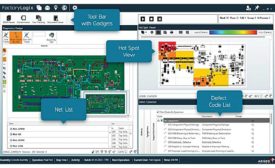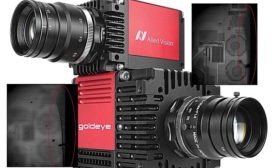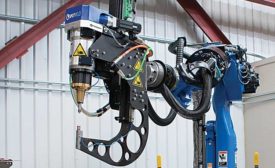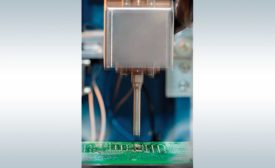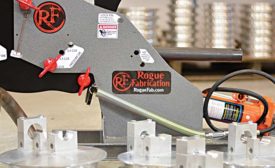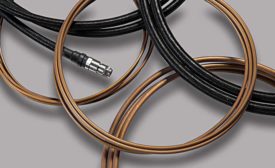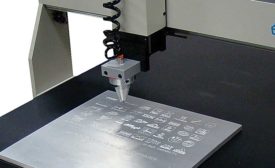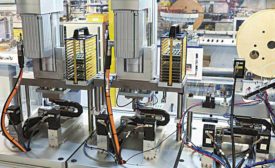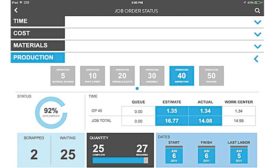Articles by Jim Camillo
Staking for Plastic Parts Assembly
A wide range of staking methods produce quality plastic assemblies with stress-free joints
September 5, 2018
Marking Metal Parts With Precision
Manufacturers have several options for precisely marking metal parts.
August 6, 2018
Never miss the latest news and trends driving the manufacturing industry
Stay in the know on the latest assembly trends.
JOIN TODAY!Copyright ©2024. All Rights Reserved BNP Media.
Design, CMS, Hosting & Web Development :: ePublishing
